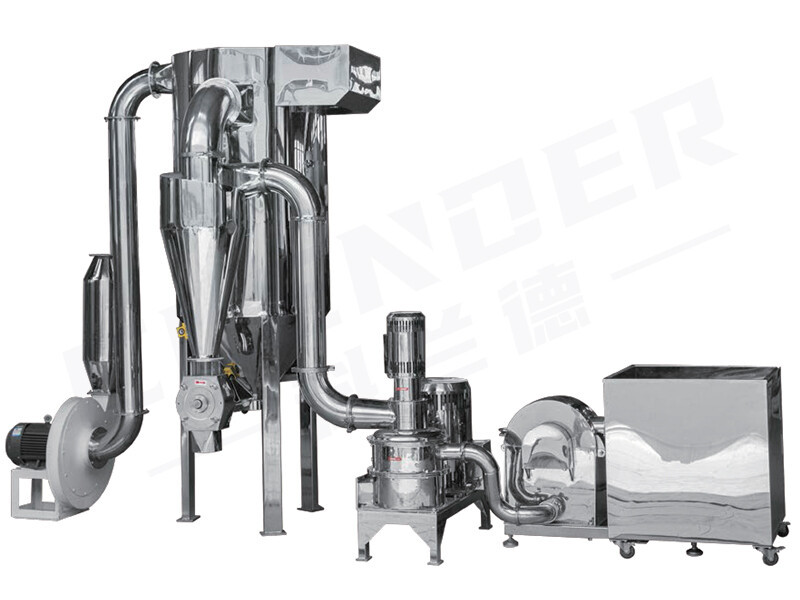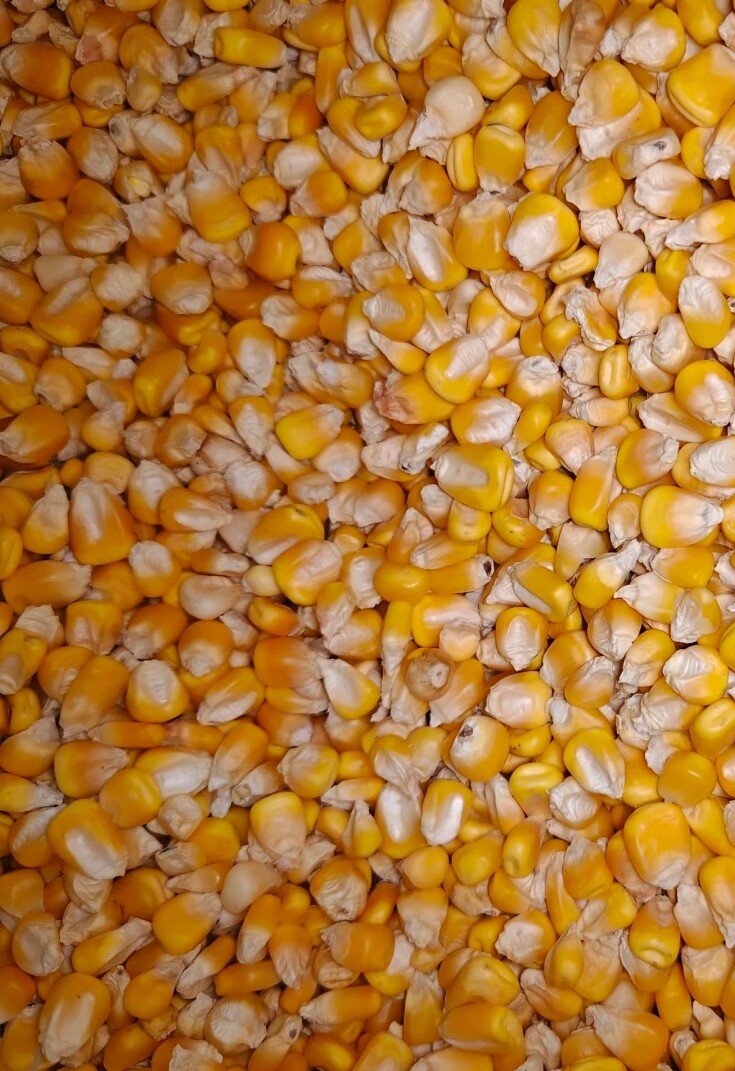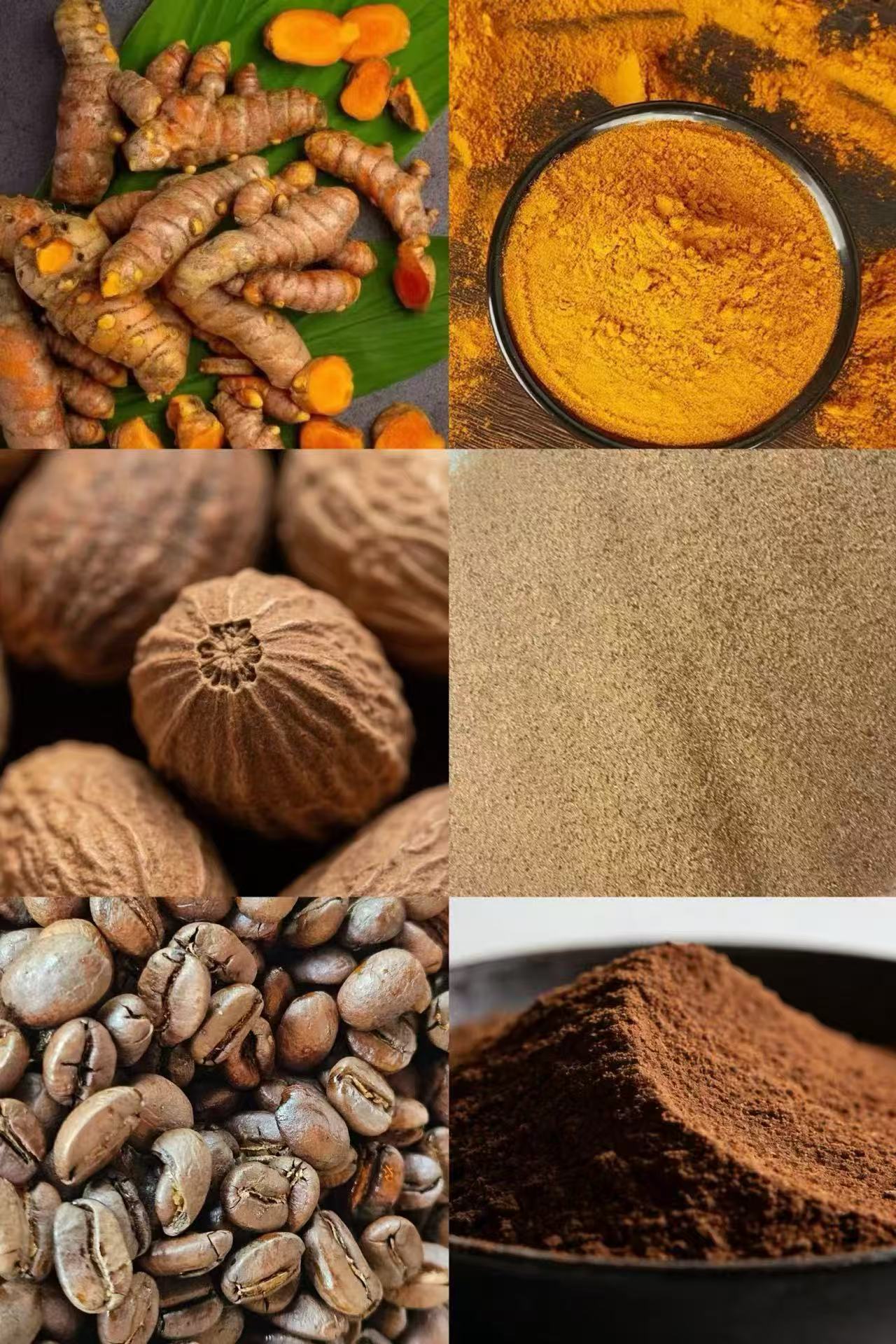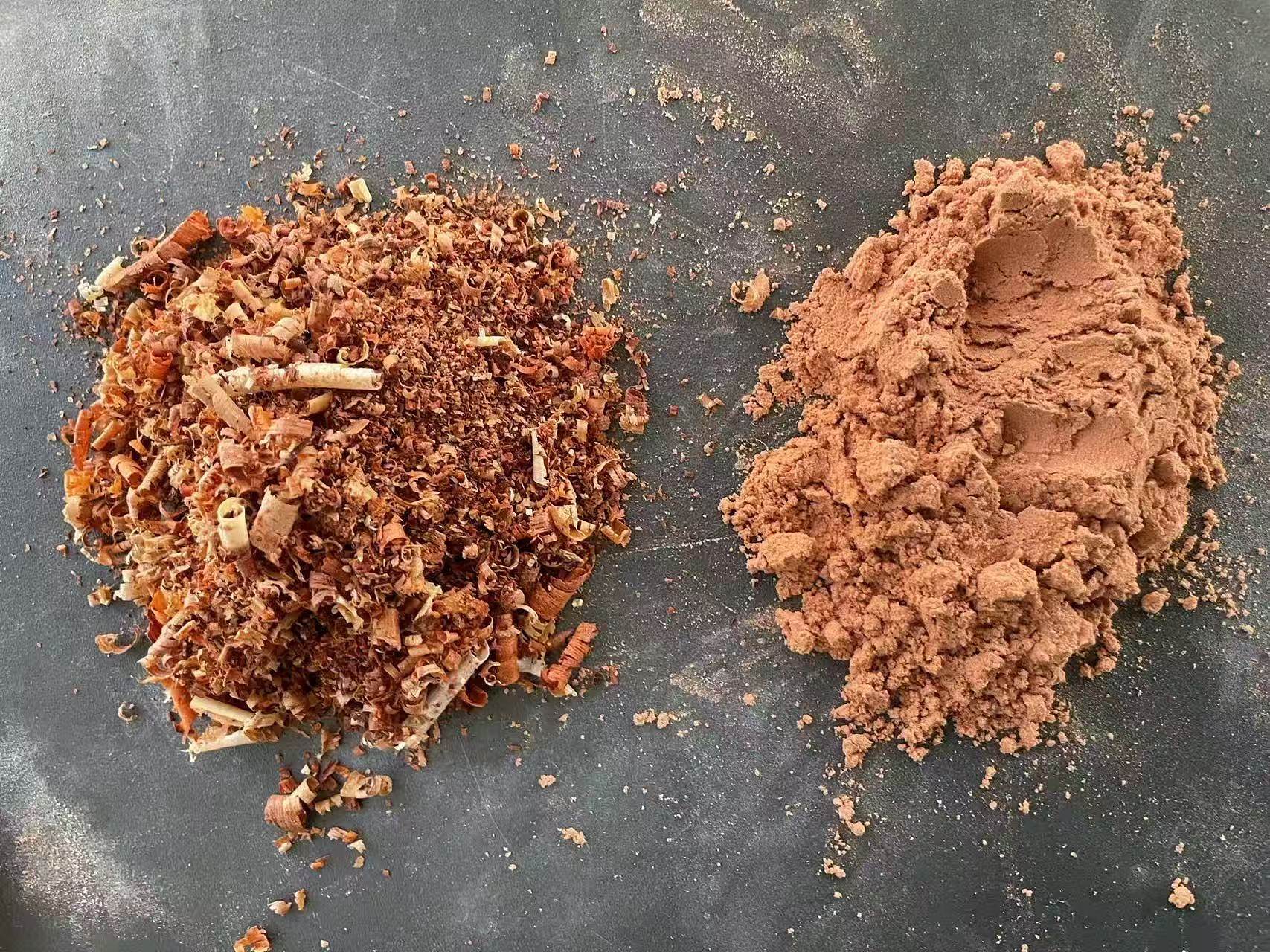Ultrafine grinding technology is widely and deeply used in the food industry, which significantly improves the physical and chemical properties of food by crushing materials to the micron or even nanometer level, and improves its nutritional value and functional properties. Here are just a few of the main applications of ultrafine grinding technology in the food industry:
1. Improve the bioavailability of nutrients
Ultra-fine grinding technology can crush some nutrients that are not easily absorbed by the human body, such as cellulose and protein, into micron or even nanoscale particles. This micronization process increases the specific surface area of nutrients, improving their solubility and adsorption, thus making nutrients more easily absorbed and utilized by the body. For example, ultra-finely ground soybean flour can remove fishy odors while improving the digestibility and absorption of protein.
2. Development of functional foods
Ultrafine grinding technology can be used to crush some functional food materials, such as Ganoderma lucidum, pollen, enzymes, etc., so as to develop new foods with specific functions. These functional foods have significant effects in health care and treatment of diseases. For example, due to its small particle size and large specific surface area, the release rate and amount of its active ingredients are significantly increased, thereby enhancing its health care function.
3. Processing of food additives
Ultrafine grinding technology can also be used to crush some food additives, such as vitamins, minerals, etc. By micronizing, the solubility and bioavailability of these additives are improved, resulting in more nutritious and delicious foods. In addition, ultrafine grinding technology can also improve the appearance and taste of food, such as making seasonings more delicate and uniform.
4. Grain crushing and food processing
The ultrafine pulverizer can crush all kinds of grains, such as wheat, rice, corn, etc., to make various grain flours. These cereal flours have a wide range of applications in food processing, such as for making bread, noodles, pastries, etc. The ultra-fine grinding cereal flour has better solubility and dispersibility, which can significantly improve the quality and taste of food.

5. Processing of seasonings
Ultrafine grinding technology can improve the solubility and permeability of the seasoning, making it easier to be absorbed by food, thereby improving the seasoning effect. At the same time, the ultra-fine grinding seasoning particles are finer and more uniform, which can bring a richer taste and flavor. For example, ultra-fine grinding salt, sugar, spices, etc. can be widely used in various food processing.
6. Soft drinks and fruit and vegetable processing
In the field of soft drinks and fruit and vegetable processing, ultrafine grinding technology is also widely used. By crushing tea, fruits and vegetables and other raw materials into ultra-fine powder, the nutritional value and taste of beverages can be significantly improved. For example, crushing tea leaves into tea powder and adding them to beverages can improve the absorption rate of nutrients in tea by the human body; The fruit and vegetable powder made by crushing fruits and vegetables into ultrafine powder has better solubility and dispersibility, which is convenient for people to eat and carry.
7. Aquatic product processing
Aquatic products such as pearls and shellfish can be ultra-fine powder rich in nutrients after ultra-fine grinding. These powders have significant effects in calcium supplementation, antioxidant and other aspects, and are easily absorbed and utilized by the human body. For example, ultra-fine pulverized pearl powder can be used as a medicinal diet or food additive to make calcium supplements; Shellfish ultrafine powder can be used as a preservative, water-holding agent and other functional additives.
8. Other applications
In addition, ultrafine grinding technology also plays an important role in the preparation of functional food bases such as dietary fiber and chitin. Through micronization, the physicochemical properties of these dietary fibers and chitin are improved, thereby increasing their application effect and market value. To sum up, ultrafine grinding technology is widely and deeply used in the food industry. It not only improves the nutritional value and functional properties of food, but also improves the appearance and taste of food, injecting new vitality into the development of the food industry. With the continuous progress of technology and the continuous expansion of application fields, the prospect of ultrafine grinding technology in the food industry will be broader.
Related Testimonials
Online Consultation




